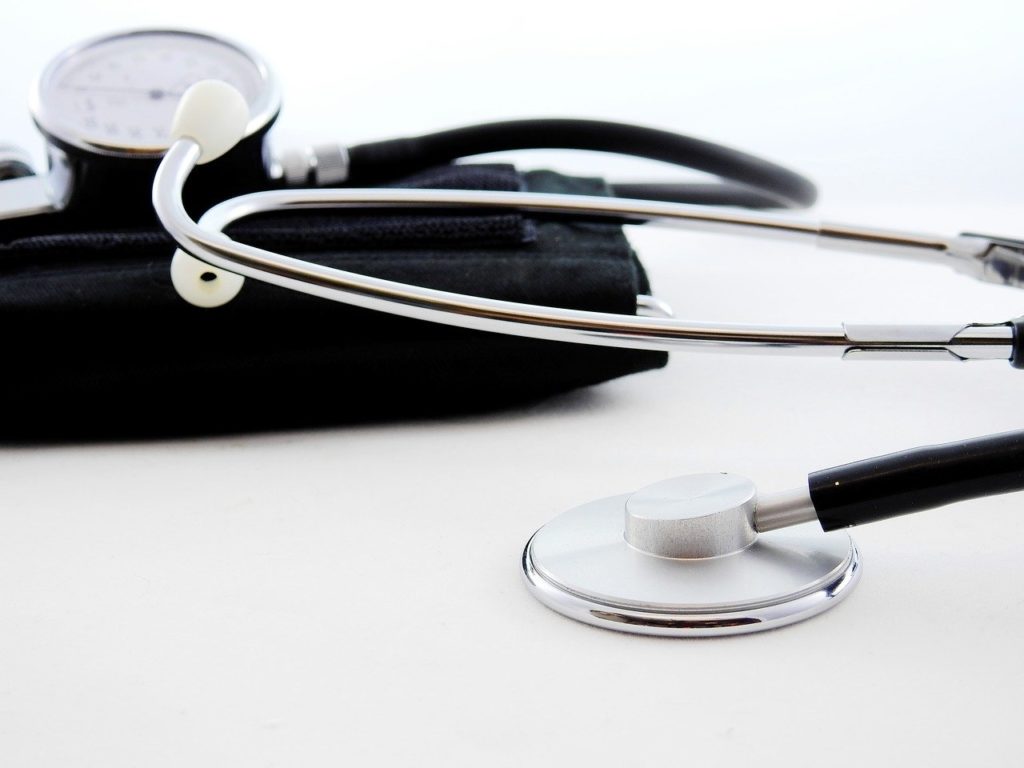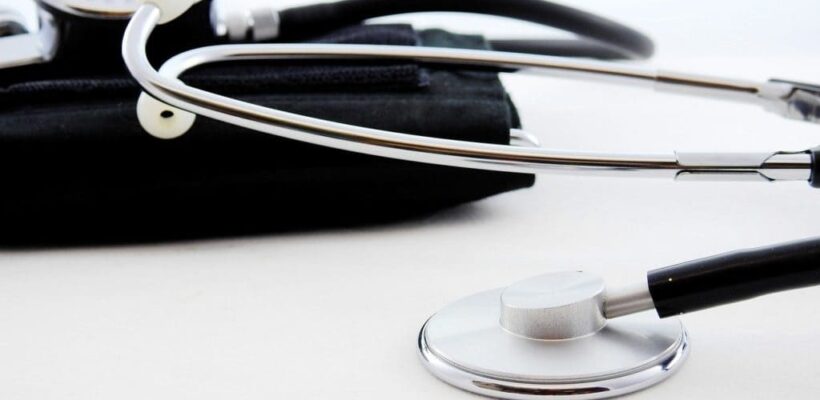
Medical translation is responsible for facilitating the comprehension of a drug’s information leaflet, the instructions for a medical device or the content of a patient report, among other texts. Are you interested in discovering its advantages and challenges? Read on.
The added value of medical translation
Aside from the translation of texts regarding medications, this type of translation also concerns clinical examinations, informed-consent documents, protocols, reports and forms. In other words, it’s not just about translating the content, but creating a text with added value. The aim is to allow the patient to understand their condition, for the researcher to update their knowledge and for any doctor to discover the most effective protocols to be put into practice.
Bearing in mind the digitalization of companies, it is very possible that your business may need help understanding any of the aforementioned texts. Taking on such a task with machine translation or a translator with little experience is not an appropriate course of action, given the specialization required and the many challenges we will discuss below.
The challenges of medical translations
When it comes to taking on a translation of this type, it must be acknowledged that the result could endanger the life of a patient. As such, the translator will need to approach the task while bearing in mind that:
· Accuracy is essential, as even the slightest error can have dire consequences. The translator must be familiar with medical terminology in the source language in order to avoid any misunderstandings.
· The abbreviations used in medical texts must be thoroughly revised to so as to prevent confusion. Often, various abbreviations will be used for the same specific term, and as such, it will be the context that indicates which is the correct translation.
· The translator must have specific knowledge of medicine and pharmacology, as they’ll need to understand the inherent technicalities in order to achieve the best result. Other complementary disciplines that will be of great benefit include physics and biochemistry, among others.
As such, a good medical translator must be an expert in medicine, but also a linguist capable of converting each text into a fully understandable document for the patient or doctor who will read it. The continuing advances of medicine mean that professionals must strive to continually train and familiarize themselves with all the latest innovations in the sector, in order to ensure the necessary abilities to carry out a translation with the greatest chances of success.
Situations like those caused by COVID-19 have confirmed medical translation’s place as one of the most used and sought-after services across the world. As such, if you need to handle a medical text in another language, wouldn’t it be best to put your trust in a translation company? Speak with us to discover our translation services and, above all, to ensure perfect work. Get in touch with us today: we guarantee maximum professionalism and experience in the sector.






